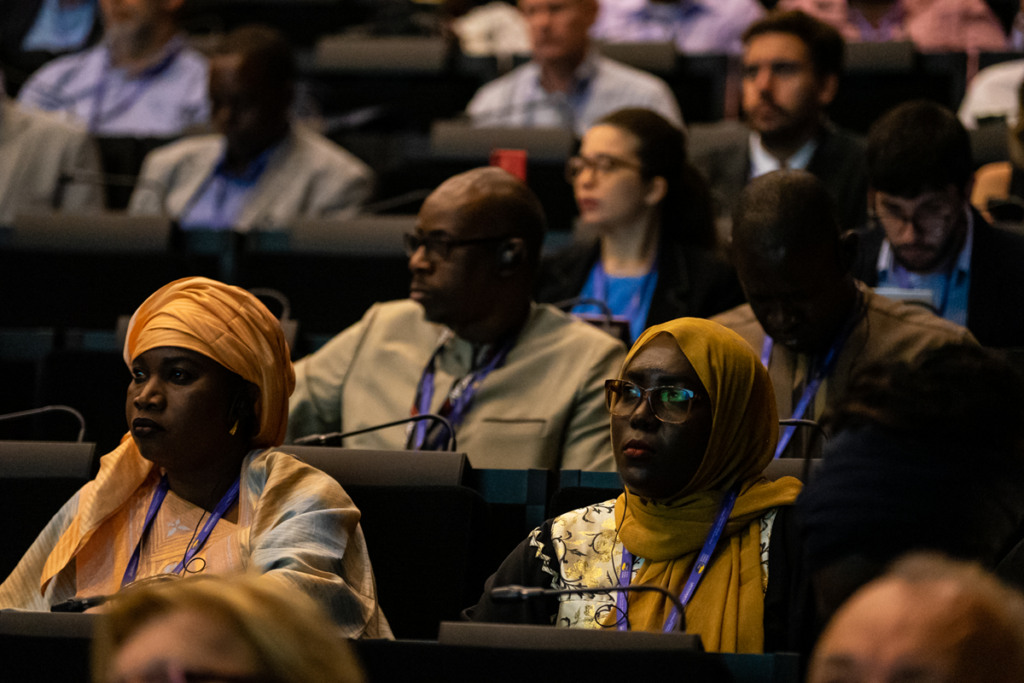Africa is experiencing a significant transformation in its urban landscape, with cities rapidly expanding and developing. This urbanisation presents both opportunities and challenges for the continent.
The need for effective urban policies and housing solutions is more crucial than ever to support economic growth and sustainable development across Africa.
The Challenge of Rapid Urbanisation in Africa
Africa’s urban landscape is transforming at an unprecedented rate, prompting questions about the readiness of its cities to accommodate this growth. The continent’s urban population is projected to double by 2050, increasing by approximately 600 million people. Such rapid urbanisation intensifies existing challenges, particularly with regards to housing, infrastructure, and sustainable development practices.
Addressing Infrastructure Gaps
A significant portion of Africa’s urban population, nearly 240 million people, resides in informal settlements lacking basic amenities. The widespread absence of essential services such as water, electricity, and sanitation exacerbates social tensions and imposes additional burdens on urban planning efforts.
However, strides have been made. Recent data showcases that around 500 million individuals have gained access to basic drinking water, while 290 million have obtained essential sanitation services, thanks to concerted efforts by organisations like UN-Habitat and international bodies.
Innovative Policy Frameworks and Initiatives
Governments across Africa are implementing innovative policy frameworks to tackle urban challenges. The development of over 40 national urban policies and initiatives, such as the Participatory Slum Upgrading Programme, represent a step towards improved living conditions and nature-oriented urban planning.
These frameworks aim to transform informal settlements into sustainable communities, addressing housing shortages while preserving the ecological balance of urban spaces.
Financing for Sustainable Urban Development
A central theme emerging from recent discussions is the need for substantial financing to support urban growth. Cities must unlock land development potential to generate revenue and lower infrastructure costs, thereby reducing housing prices.
Attracting both domestic and international investments is also crucial. Public and private sectors are encouraged to steer resources into deprived communities, alleviating infrastructure deficits and aiding in economic growth.
The Role of Housing in Agenda 2063
Adequate housing is pivotal in achieving the African Union’s Agenda 2063, which aspires to create a prosperous and integrated continent. Housing policies that align with the UN’s Sustainable Development Goals and the New Urban Agenda are essential in realising this vision.
Strong partnerships among governments, private sectors, and civil organisations are necessary to mobilise resources and implement these housing initiatives effectively.
The Africa Urban Forum: A Platform for Progress
The recently concluded Africa Urban Forum served as an essential platform for stakeholders to discuss the multifaceted aspects of urbanisation. Policymakers, urban planners, and researchers convened to exchange insights and develop strategies to navigate urban challenges.
The forum’s outcomes are anticipated to contribute significantly to the upcoming World Urban Forum, showcasing Africa’s potential in leading sustainable urban development discussions globally.
Next Steps in Urban Development
Looking forward, Africa’s focus is on forming coalitions to bolster urban planning efforts. By leveraging innovative financial mechanisms and fostering people- and nature-centric approaches, cities can facilitate significant improvements in housing and infrastructure.
The upcoming World Urban Forum presents an opportunity for Africa to cement its role in global urban development, advocating for resilient and prosperous cities.
The path towards economic prosperity in Africa is intricately linked to efficient urban policies and sustainable housing solutions.
By embracing these strategies, Africa can ensure its cities become models of growth, resilience, and opportunity.


